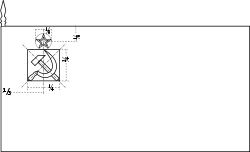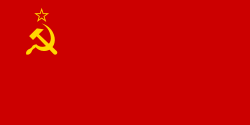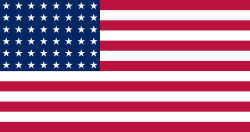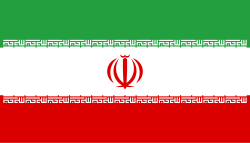Jaan Talts
| Jaan Talts | ||
| Tyngdlyftning, herrar | ||
| Nation: | ||
|---|---|---|
| Guld | München 1972 | 110 kg |
| Silver | Mexico City 1968 | 90 kg |
| Världsmästerskap | ||
| Guld | München 1972 | 110 kg |
| Guld | Columbus 1970 | 110 kg |
| Silver | Warszawa 1969 | 110 kg |
| Silver | Mexico City 1968 | 90 kg |
| Europamästerskap | ||
| Guld | Constanța 1972 | 110 kg |
| Guld | Szombathely 1970 | 110 kg |
| Guld | Warszawa 1969 | 110 kg |
| Guld | Leningrad 1968 | 90 kg |
Jaan Talts, född 19 maj 1944 i Massiaru i Pärnumaa i Estland, är en estnisk före detta tyngdlyftare som tävlade för Sovjetunionen. Han vann en guldmedalj i tungvikt vid olympiska sommarspelen 1972 i München och en silvermedalj i mellantungvikt 1968 i Mexico City.[1][2] Talts satte 39 världsrekord mellan 1966 och 1972.[3]
Talts tävlade friidrott under sina ungdomsår och började med tyngdlyftning under studietiden i Tihemetsa. 1967 blev han den förste mellantungviktaren i världen att lyfta över 500 kg på tävling och han utsågs till årets sovjetiske idrottare. 1968 tog Talts silvermedaljer vid EM, VM och OS.[1][2]
Efter olympiska sommarspelen 1968 började Talts tävla i tungviktsklassen, han tog en silvermedalj vid VM 1969 och guld vid VM 1970. Vid olympiska sommarspelen 1972 i München tog han guld och satte olympiskt rekord med 580 kg totalt.[1]
Sedan karriären som idrottare tagit slut arbetade Talts som tyngdlyftningstränare i Estland och sedan 2007 är han huvudtränare för det estniska landslaget. Talts blev 1989 medlem i Estlands olympiska kommitté och sedan 2005 är han vice ordförande för dess elitidrottsråd.[1][2] Han blev invald i det internationella tyngdlyftningsförbundets Hall of Fame 1998.[4]
Källor
- ^ [a b c d] Jaan Talts Bio, Stats, and Results. Arkiverad 21 april 2009 hämtat från the Wayback Machine. Sports Reference. Läst 27 november 2017.
- ^ [a b c] Jaan Talts. Arkiverad 1 december 2017 hämtat från the Wayback Machine. Eesti Olümpiakomitee. Läst 27 november 2017.
- ^ Jaan Talts, Top Olympic Lifters of the 20th Century. Lift Up. Läst 27 november 2017.
- ^ Weightlifting Hall Of Fame - List Of Members. International Weightlifting Federation. Läst 27 november 2017.
| ||||||||||||||||
Media som används på denna webbplats
De olympiska ringarna, med genomskinlig bakgrund.
Författare/Upphovsman: F l a n k e r, Licens: CC BY-SA 2.5
Flag of the Kingdom of Sardinia (1851-1861) and of the Kingdom of Italy (1861-1946). Use: Civil flag and ensign. In a governmental or a military context, the crowned version (see Crowned version) was always used (as State flag and naval ensign).
Flag of Germany with a 3:2 ratio, instead of 3:5. The 3:2 version was used by the German Confederation and the Weimar Republic. See Flags of the World for more information.
US Flag with 48 stars. In use for 47 years from July 4, 1912, to July 3, 1959.
(c) I, Cmapm, CC BY-SA 3.0
The flag of the Soviet Union (1955-1991) using a darker shade of red.

Flag of Iran. The tricolor flag was introduced in 1906, but after the Islamic Revolution of 1979 the Arabic words 'Allahu akbar' ('God is great'), written in the Kufic script of the Qur'an and repeated 22 times, were added to the red and green strips where they border the white central strip and in the middle is the emblem of Iran (which is a stylized Persian alphabet of the Arabic word Allah ("God")).
The official ISIRI standard (translation at FotW) gives two slightly different methods of construction for the flag: a compass-and-straightedge construction used for File:Flag of Iran (official).svg, and a "simplified" construction sheet with rational numbers used for this file.
Flag of Belarus 1995-2012
(c) I, Cmapm, CC BY-SA 3.0
The flag of the Soviet Union (1955-1991) using a darker shade of red.















